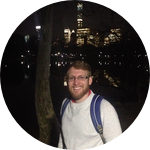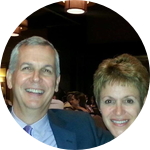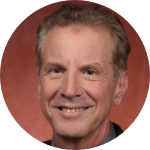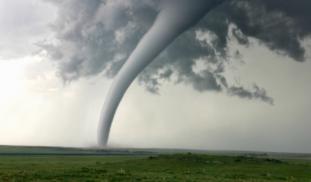Please wait...
About This Project
Tornadoes are violent rotating winds that kill people and destroy property. My recent work shows that tornado energy can be estimated from the amount of damage and the size of the damage path. Using estimated tornado energy along with population, this study will attempt to better understand how tornado casualties may change as the earth continues to warm. This allows for more insight into the changing behavior of tornadoes.
More Lab Notes From This Project

Browse Other Projects on Experiment
Related Projects
Study of oceanographic and meteorological variables in MPA through remote sensing.
Climate change and events that modify the global temperature and precipitation dynamics such as “El Niño...
Investigating the roles of microbes in biodegrading or colonizing microplastic surfaces
Recently, we observed different PCB adsorption onto microplastic surfaces in Newtown Creek compared to Navy...
Can surfers and swimmers measure waves with their smartwatches?
Smartwatches have the same sensors used on buoys to measure waves. We hypothesize that we can extract wave...





